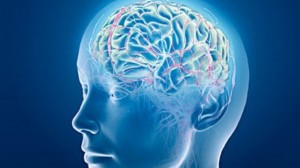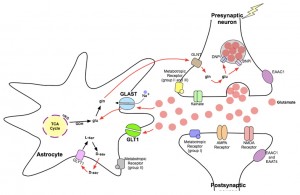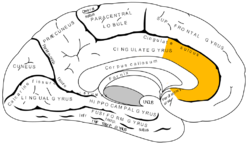A recent study conducted by The Scripps Research Institute found for the first time that the compulsion to overeat, often leading to obesity, affects the same biological mechanism, the brain’s pleasure circuitry, that causes drug addictions to substances like cocaine and heroin. The study was published in the March 28th issue of Nature of Neuroscience.
 According to Medical News Today, the study, which consisted of working with rats, confirmed what many obesity patients have been saying for years: that binging on junk food, like drug addiction, is very difficult to stop. The study showed “that as pleasure centers in the brain become less responsive, rats quickly develop compulsive overeating habits, eating increasing amounts of high-calorie, high-fat foods until they become obese.”
According to Medical News Today, the study, which consisted of working with rats, confirmed what many obesity patients have been saying for years: that binging on junk food, like drug addiction, is very difficult to stop. The study showed “that as pleasure centers in the brain become less responsive, rats quickly develop compulsive overeating habits, eating increasing amounts of high-calorie, high-fat foods until they become obese.”
According to Medical News Today, this is the same progressively deteriorating chemical balance in reward brain circuits seen in rats that overconsume cocaine or heroin that is thought to lie behind the development of compulsive drug use.
“It presents the most thorough and compelling evidence that drug addiction and obesity are based on the same underlying neurobiological mechanisms,” said one of the researchers. “In the study, the animals completely lost control over their eating behavior, the primary hallmark of addiction.”
Those at risk seem to get caught in a cycle in which compulsive eating and substance abuse continue to hinder the recovery of either. Because there is evidence of the relationship between compulsive eating and drug addiction, hopefully the treatment for one will address the treatment of the other. Studies continue to show how addictive sugar and junk food are, especially for certain at-risk people. Individuals have reported that they often feel out of control when it comes to sugar and junk food. That they are unable to stop consuming these foods even after they become obese and have heath scares.



 A
A 


